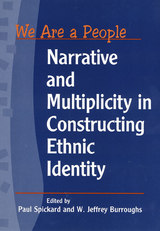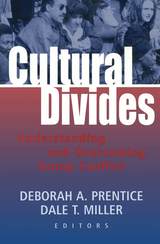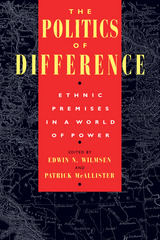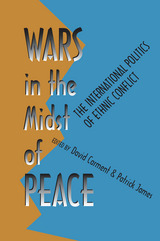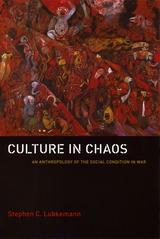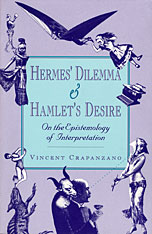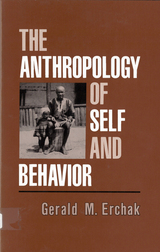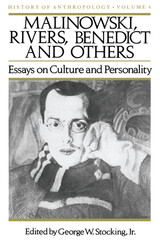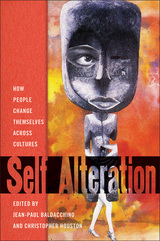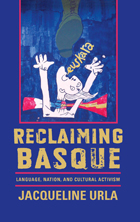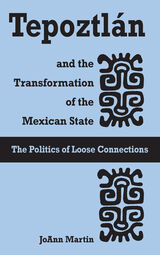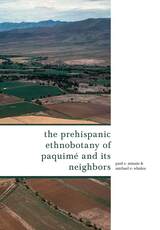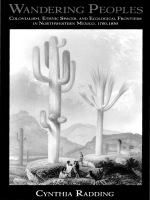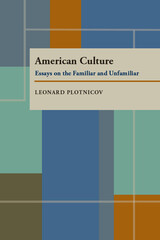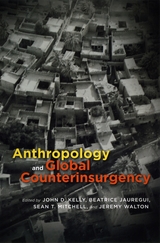Cloth: 978-0-674-17775-8
Library of Congress Classification GN502.J325 1993
Dewey Decimal Classification 155.8
The relationship between "mind" and "culture" has become a prominent—and fashionable—issue in psychology during the last quarter of the twentieth century. The conflict is between those who see the human mind as being generated from—and an intimate part of—culture and those, usually termed cognitivists, who view the mind as essentially separate from the environment. Gustav Jahoda traces the historical origins of this conflict to demonstrate that thinkers' preoccupation with the relationship between mind and culture is not new. The salient issues began to crystallize three centuries ago in Europe in the form of two distinct traditions whose contrasting conceptions of human nature and the human mind still remain the focus of current debates.
The dominant tradition was produced by the scientific approach that had proved so successful in the physical realm. This view, associated with the Enlightenment, holds that mind is an essential part of nature and subject to its fixed laws. As a result of the influence of external factors such as climate and ecology, mind creates culture but remains essentially unchanged. The opposite view, which dates back to Vico and was espoused by anti-Enlightenment thinkers, is that the mind is separate from nature, an entity that both creates and is extensively modified by culture in a constant cycle of mutual determination.
The growing prestige of experimental psychology has led to a heated debate between supporters of the rival traditions: is psychology a science or a cultural discipline? Jahoda identifies the current form of this debate as but a phase in psychology's long fascination with the role that culture plays in the formation of the mind, which has led to the recent emergence of cultural psychology. Crossroads between Culture and Mind is a formidable achievement by one of Europe's most distinguished and erudite psychologists.
See other books on: Ethnopsychology | Human Nature | Mind | Psychology | Theories
See other titles from Harvard University Press


